Today, science and innovation have made life so easy for people that almost everything is available at your fingertips. From chocolates to groceries, now you can also buy mother’s milk from the market. Isn’t it surprising that human milk is going to be available at your neighborhood stores and shops in small sachets and bottles?
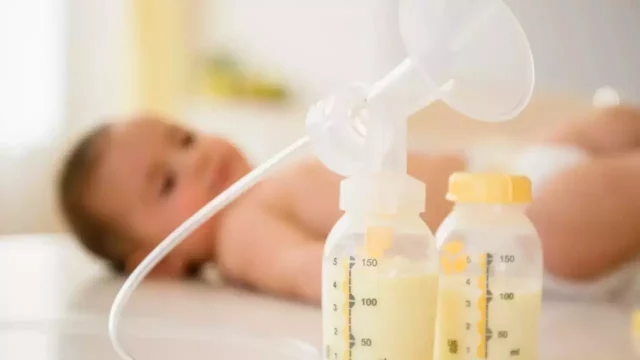
The commercialization of breast milk has raised various ethical questions. However, at the same time, it is astonishing for people to see the sale of breast milk rising at such a rapid rate.
Two Companies Selling Breast Milk
NeoLacta Lifesciences Private Limited in Bengaluru and Neslak Biosciences Private Limited in Mohali are two non-profit private firms that were given the licence to sell processed human milk all across India.

NeoLacta started selling breast milk in 2016 by organizing campaigns for lactating mothers who were willing to donate milk for several unfed infants. After sterilizing the milk, it was handed over to the parents of newborn kids at a considerably high price. They also launched a powdered form of human milk fortifier to be added to human breast milk, which is the first of its kind in the world.
Saurabh Aggarwal, the Doctor of Medicine at NeoLacta, said in an interview that the company had “benefited over 51,000 plus premature babies across 450 hospitals” in 5 years.
Sunil Kumar, country general manager at NeoLacta Lifesciences, claimed, “About 30 to 50 per cent of babies who are in the NICU [neonatal intensive care unit] require donor human milk. Studies show that 51 per cent of mothers of preterm infants had delayed lactogenesis. The current 90 milk banks are not sufficient for the entire ecosystem.”
On the other hand, Neslak, founded in 2021, claims to sell the powdered form of human milk at a steep price. According to them, this allows evaluation of the quality of milk and also makes it easier for clinics and nursing homes to arrange milk banks for voluntary donors.
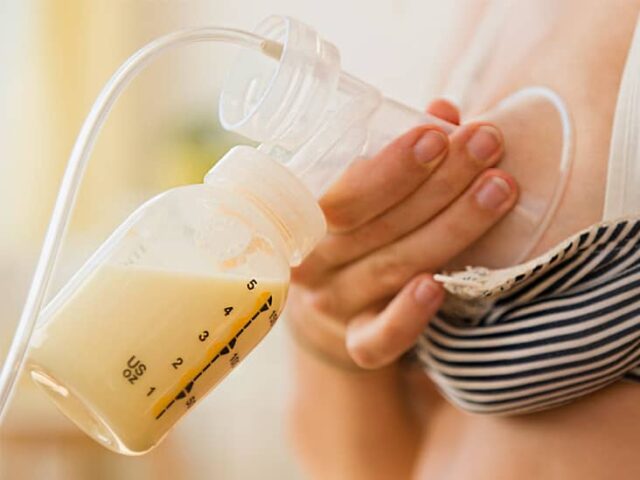
However, both companies assert that they preserve the nutritional values of the mother’s milk before processing and selling them.
People Raising Concerns
Nupur Bidla, a member of the Breastfeeding Promotion Network of India (BPNI), cautioned the government against NeoLacta in 2020, saying, “It is absolutely shocking that a company is being allowed to collect breast milk from young mothers and sell it like a dairy product with a huge price tag claiming to have added value to it.”
Another member of BPNI, Dr. Arun Gupta, accused NeoLacta of hard-selling its products over social media. He said, “It is using the tactics of the infant formula industry in the way it is targeting healthcare providers to gain legitimacy.
Infant formula companies harp on mothers not having enough milk and Neolacta goes on about mothers producing ‘excess breastmilk’ which they can donate. It claims that its products do not come under the IMS Act, which regulates the marketing of infant milk substitutes, but it does.”
Director and Head of the Neonatology Department at the Lady Hardinge Medical College, Dr. Sushma Nangia explained, “Milk should be as fresh as possible and from the mother if possible. These companies are pooling milk from different women and pasteurising it, which makes it like any other milk.”

Activists have expressed their disapproval and raised ethical questions concerning the collection of breast milk from poor, rural lactating mothers and selling it off to rich, urban families.
Dr. Siddarth Ramji, the President of the National Neonatology Forum (NNF), said, “As a principle we do not support commercialisation of breast milk.”
The national convenor of the Human Milk Banking Association of India, Dr. Satish Tiwari, labeled the collection, processing, and selling of breast milk as an act of disgrace. He exclaimed, “Does the company pay the mothers who are donors? Do they take it free and sell it at such a high cost? No one knows. The government should look into this.”
Also Read: Breast Cancer Spreads Aggressively During Slumber – New Study Suggests
High Prices And High Demand
Breast milk donated by lactating mothers is chiefly used to feed sick or preterm babies whose birth mothers are unable to breastfeed them due to various physical complications. Most of the milk banks in government hospitals offer breast milk to parents for free.
However, a few milk banks only charge the parents who can afford to pay two or three hundred rupees for 50 ml while donating the same milk free of charge to poor, underprivileged families.
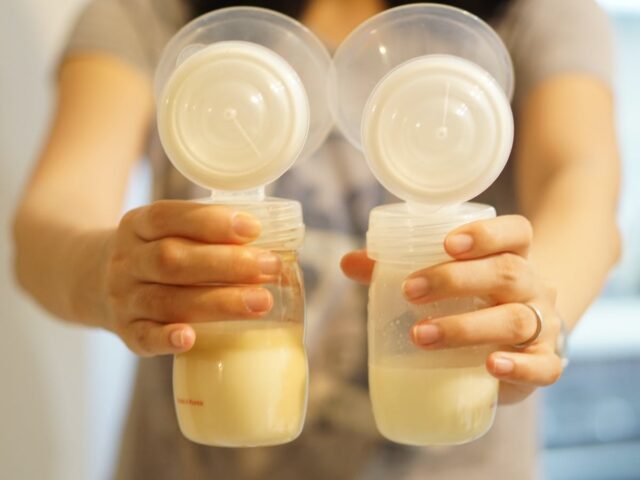
The donor milk banks are few in number and are located at a good distance from one another. This gives rise to a demand-supply deficiency situation, as a result of which the breast milk sold by companies with patented technology has extraordinarily high costs.
NeoLacta Lifesciences demands a sum of Rs 4300 in exchange for 300 ml of frozen breast milk. An infant born prematurely can require up to 30 ml of mother’s milk every day, whereas a healthy baby on a full-fed diet will require about 150 ml of breast milk every day.
Dr. Arun Gupta, pediatrician and central coordinator of the Breastfeeding Promotion Network of India, said, “They created an unnecessary demand and started operating in a vacuum. They are planting a doubt in the mother’s mind that her milk is not enough for her baby (in terms of quality and quantity).
Oxytocin release is reduced in the bodies the moment the mother is in doubt about herself. It means the milk is there but it is not flowing from the breast to the baby. So that creates a need for donor milk for the baby.”
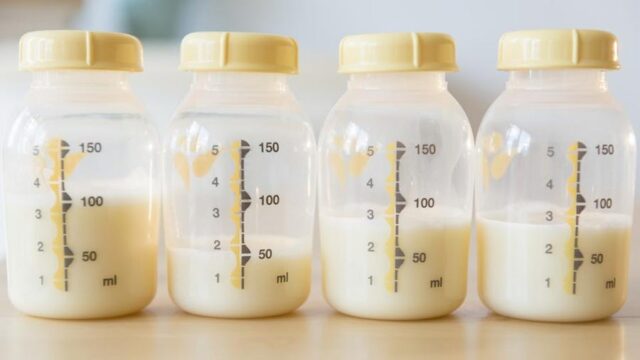
Dr. Satish Tiwari laid charges against the companies selling breast milk for promulgating false information to women and misleading them. He claimed, “Even the educated mothers are getting misguided easily. The companies are able to convince them that they are not producing enough milk.”
However, the general manager at NeoLacta Lifesciences, Mr. Sunil Kumar, defended his company and said, “We are the only company after the [one in] US to have mothers’ milk fortifiers. And the US [company] also doesn’t have it in powder form. It is added on top of mother’s milk for catch-up growth and for babies who have complications.”
Dr. Sushma Nangia explained why the commercialisation of breast milk is a problem, saying, “Even if donor milk banks are not able to meet the demand-supply gap, commercialisation is not the answer.” She added, “The government needs to open more donor milk banks. The private entities are not helping people. They are just entering areas where they see a growth potential.”
Let us know what you think of the situation in the comment section below.
Disclaimer: This article is fact-checked
Image Credits: Google Photos
Feature Image designed by Saudamini Seth
Source: The Print, The Times Of India & The Hindu
Find The Blogger: @ekparna_p
This post is tagged under: breast milk, milk, mother’s milk, human milk, selling, commercialisation, NeoLacta Lifesciences, health care, mothers, lactating mothers, infants, newborn babies, Neslak, high rates, charges, economy, ethics, activists, health, premature babies, preterm infants
Disclaimer: We do not hold any right, copyright over any of the images used, these have been taken from Google. In case of credits or removal, the owner may kindly mail us.
Other Recommendations:
Adults Scared Of Feeling Happy Might Have Had Unhappy Childhoods


























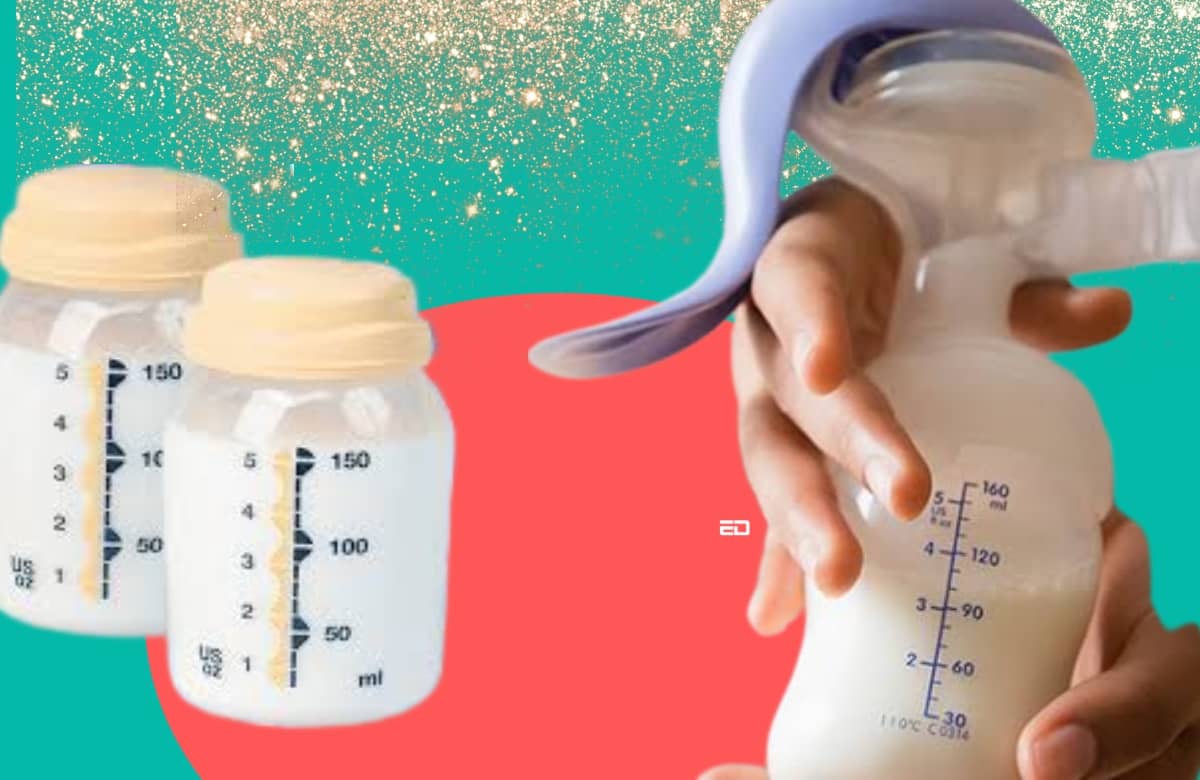
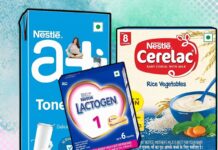




[…] ResearchED: Sale Of Breast Milk Rising In India […]